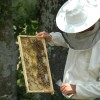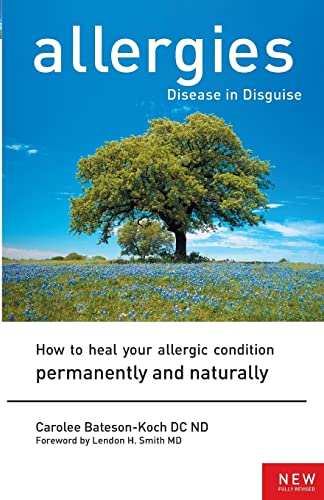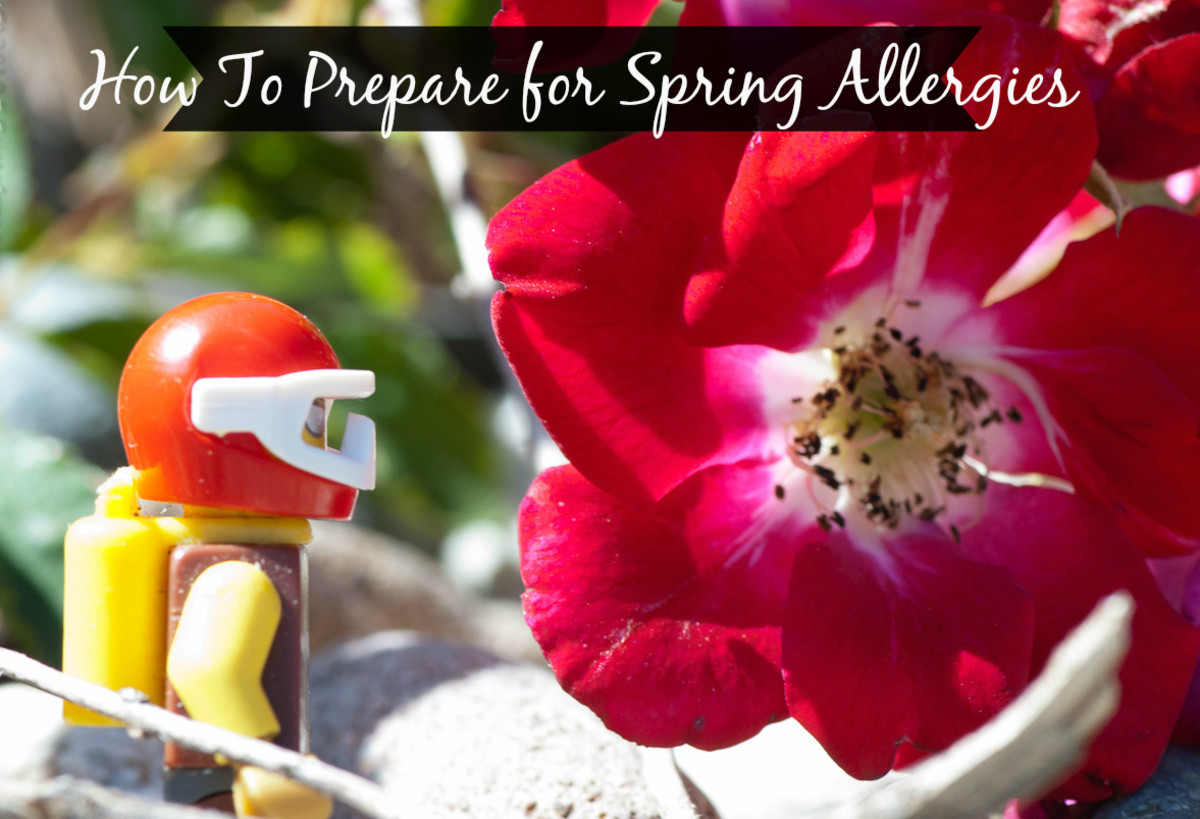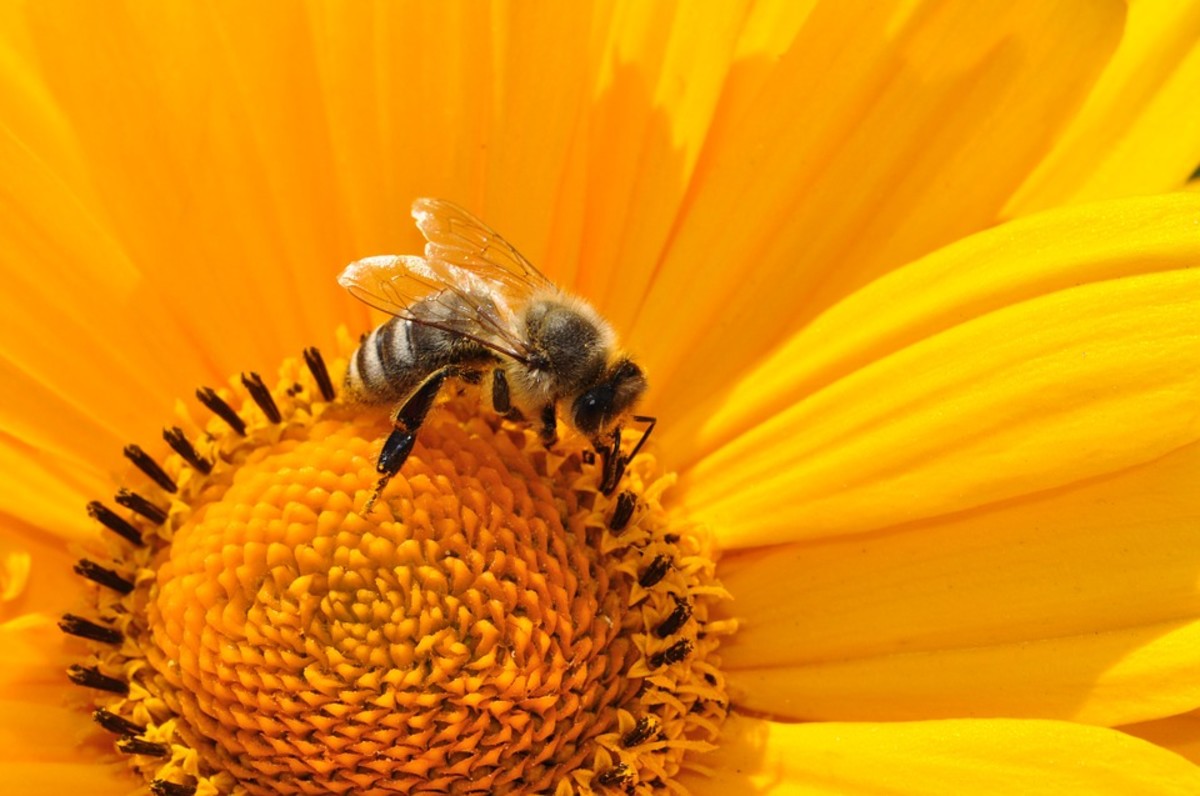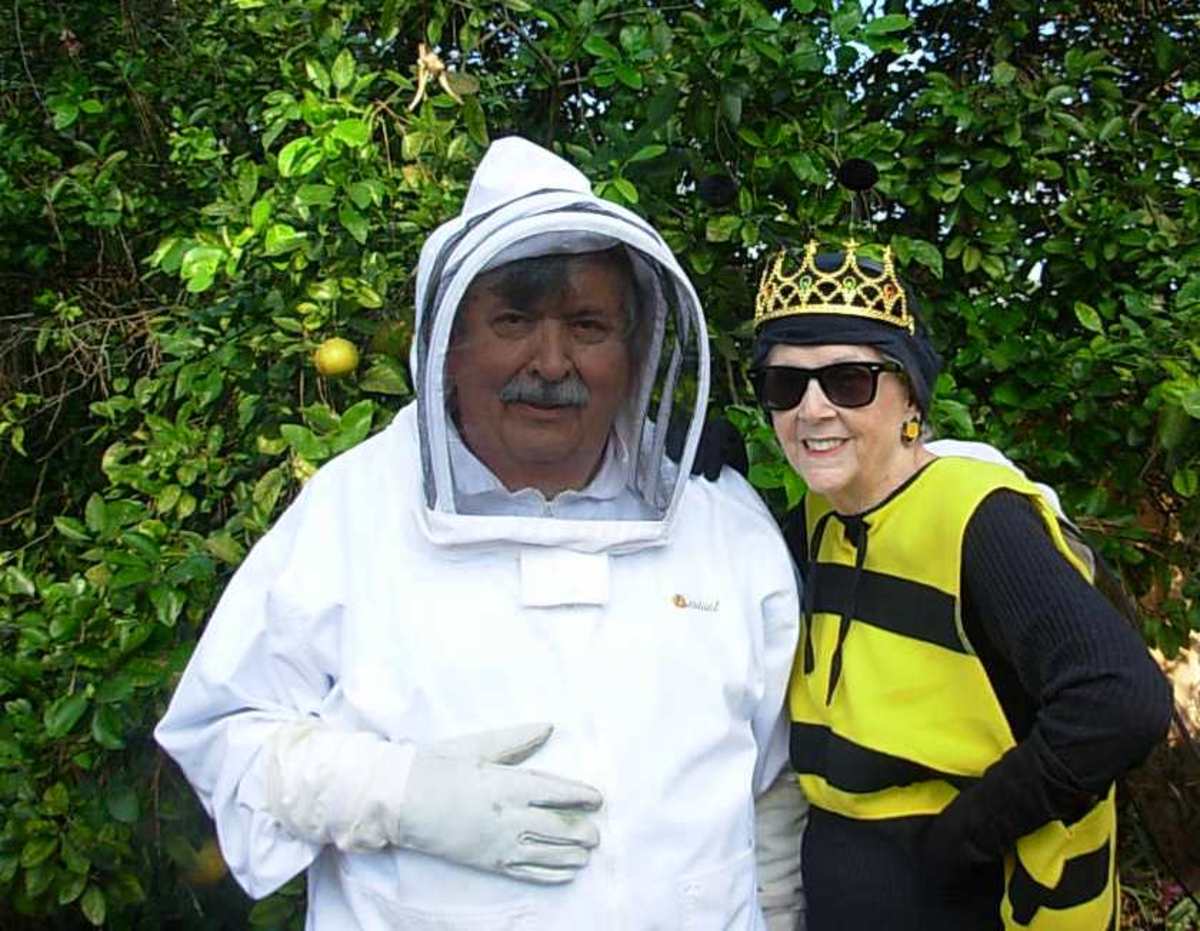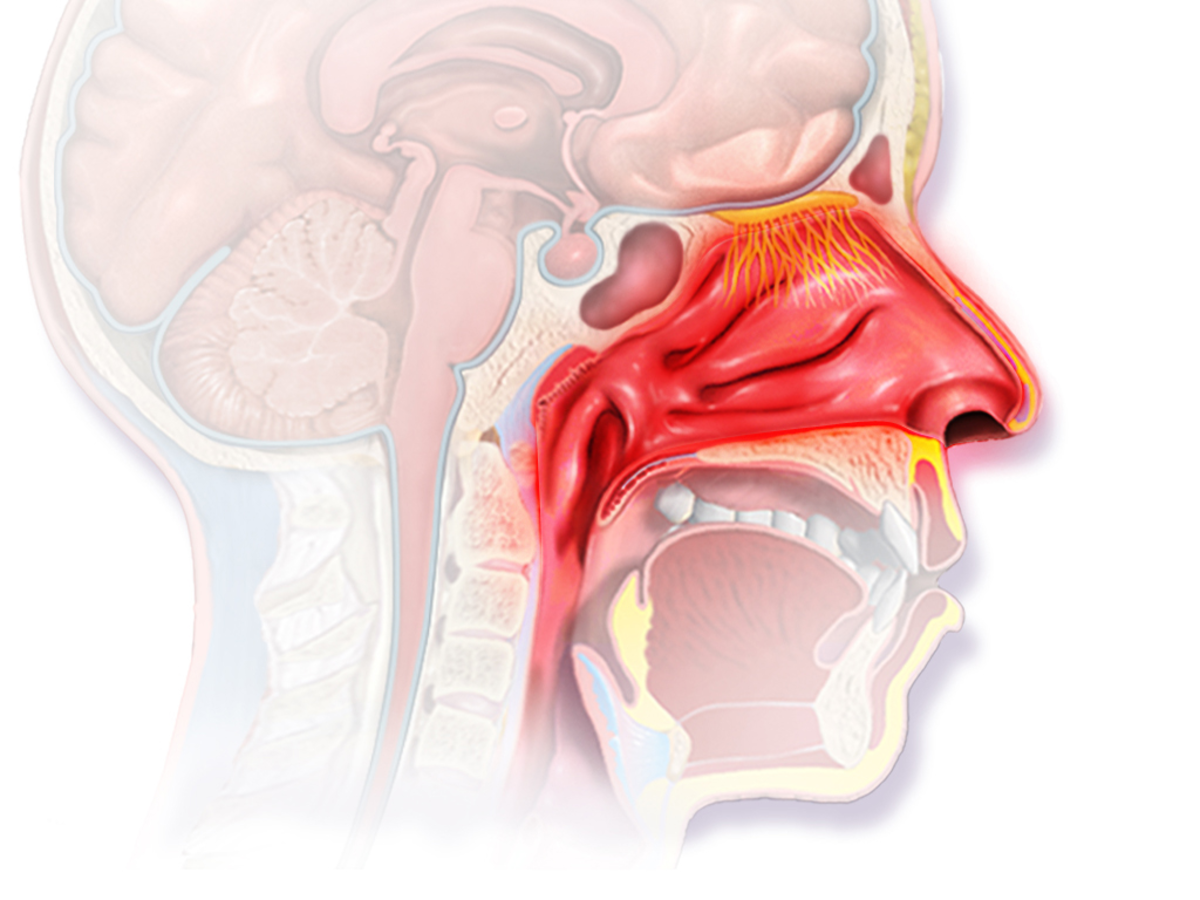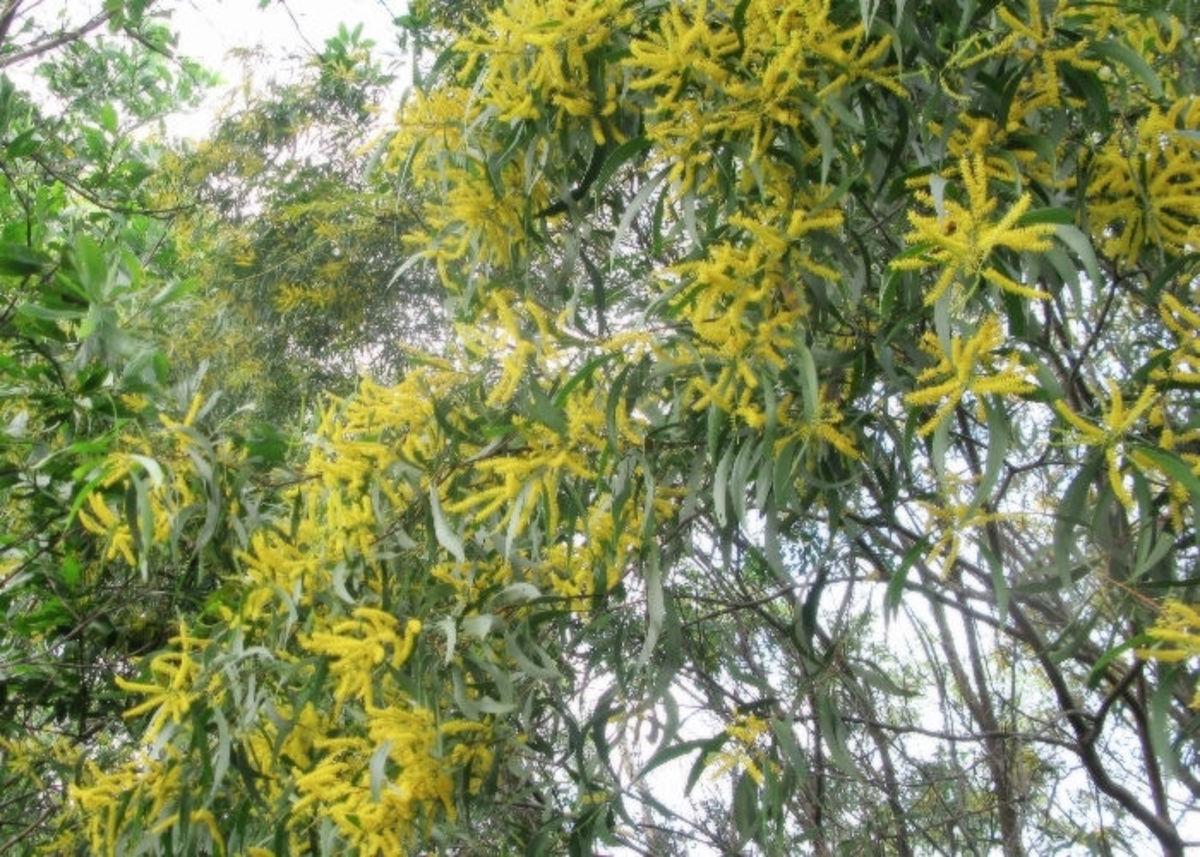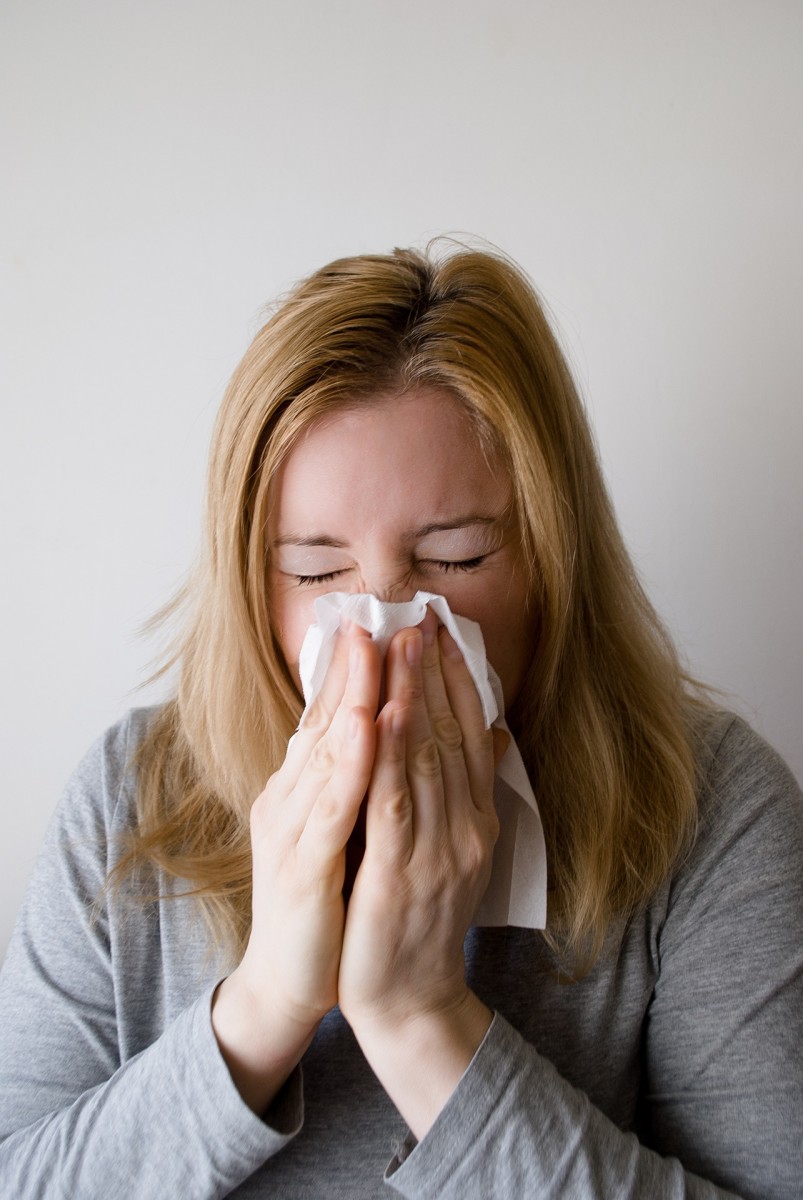Local Honey and Allergies: Does Eating Local Honey Help Prevent Allergies?
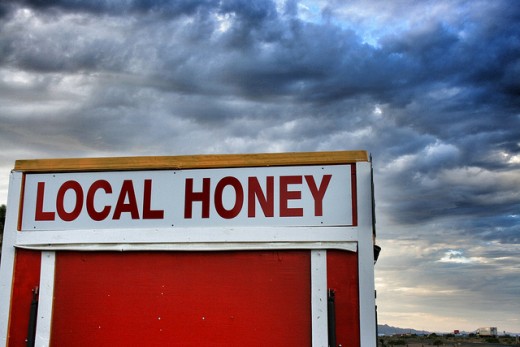
I Would Like This To Be True, But I am Skeptical
I raise bees that produce honey, which I harvest and sell. We sell all our honey locally. The demand for local honey seems to be driven in large part by the idea that local honey helps to prevent seasonal allergies, but does it? I am skeptical. There is no scientific evidence to support this claim. In fact, one small study found that eating local honey did not affect allergies.
Many people’s allergies are caused by specific types of pollen. Honey contains small amounts of pollen. It’s in the honey by accident. Bees store pollen separately from honey. I suspect that most of the pollen found in honey gets mixed into it during the extraction process that beekeepers use to harvest the honey from the comb.
When people eat honey they are exposed to small amounts of pollen. By eating local honey regularly and exposing the body to these small amounts of pollen, so the theory goes, the body is desensitized and no longer reacts negatively (an allergic reaction).
Most Allergies Are Caused By the Pollen of Wind Pollinated Plants
One immediate problem with this idea is that most people are allergic to the pollen of plants that are wind pollinated. Plants that are wind pollinated don’t depend on bees or other insects to spread the pollen from flower to flower. Rather, they release large amounts of pollen into the air; the pollen drifts randomly, but some of it lands on appropriate flowers and pollinates them.
Honey is most likely to contain pollen from plants that depend on bees and other insects for pollination because these are the plants that have evolved to be most attractive to bees. Bees are exposed to all sorts of things when they forage and they might bring back pollen from wind pollinated plants, but it’s not something that you could count on.
Honey Is Produced and Harvested at Specific Times of Year
Beekeepers harvest surplus honey from honey bee colonies at specific times of the year. When there is a strong nectar flow (a lot of nectar producing flowers are blooming) beekeepers add boxes of comb to their hives. These boxes are called supers and this is where the bees store the honey that the beekeeper will harvest. The supers are only placed on bee colonies at certain times of the year.
The length of time that the supers remain on the colonies varies from a few days to several weeks depending on the geographic region. If a plant blooms outside of the time that the supers are on the colonies, it is unlikely that any of its pollen will make it into the honey that is later harvested. So if you have summer allergies, but are eating spring honey, it is unlikely that you are consuming any of the pollen to which you are allergic.
Beekeepers Still Have Allergies
Last, but not least, perhaps the most compelling reason to be skeptical about local honey as an allergy cure is that beekeepers still have allergies and beekeepers eat a lot of local honey.
So, given the following facts:
1) Most people are allergic to the pollen of wind pollinated plants.
2) Whether or not a specific pollen is present in honey depends in large part on when the honey was produced and harvested.
3) Beekeepers eat a lot of local honey and still have allergies.
It seems unlikely that local honey is a reliable cure for seasonal allergies.
Eat Honey, Support the Bees
Certainly there is a lot of anecdotal evidence that honey helps prevent allergies. I would love this to be the case, but a close examination of the facts makes it seem very unlikely. Eat honey because it tastes great; it’s a wonderful, sustainably produced, natural sweetener. Besides, while all that nectar is being gathered to make the honey that we enjoy, something far more important is happening: all those flowers are being pollinated. If I am wrong, and honey really does help prevent allergies, what a great bonus!
If you have tried local honey as an allergy cure, do you think it helps?
More On Bees and Beekeeping by Wib Magli
- Worker Bees the Busy Bees
See a honey bee flying from flower to flower, it's a worker bee. She is in the last stage of her life. - When Bees Are Most Likely To Sting: Honeybee Colonies and Their Moods
Bees can sting, we all know that. And, let’s be honest, everybody knows that females of any species can be a bit moody. Apply this dictum to a colony of honeybees, which are nearly all female, and the occasional bee sting is inevitable. While the... - Four Books For New Beekeepers
The aspiring beekeeper has many choices when it comes to books. Among books that cover the technical aspects of beekeeping, two are real standouts. The Beekeeper’s Handbook by Diana Sammataro and Alphonse Avitabile, and The ABC & XYZ of Bee... - Bee Suppliers: How the Honeybee and Queen Supply Industry is Structured
Every spring beekeepers buy thousands of queens, packages and nucs to start new colonies or to replace dead ones. An entire industry of bee suppliers, composed of producers, resellers, and breeders, has developed to meet the demand for honeybees. ... - Beehives, A Guide To Choosing the Right Size Boxes
One of the first decisions that the beginning beekeeper must make, and often one of the most confusing, is the size of the boxes and frames to use for hive bodies and supers. Several options are available. Weight, efficiency, and convenience are the. - Protective Clothing for Beekeepers: Beekeeping Suits, Jackets, Veils, and Gloves
The friendly beekeeper might have the best interest of his bees in mind, but the bees don’t seem to always see it that way. Protective clothing makes beekeeping a lot more enjoyable when the bees take exception to having the roof popped off and...
